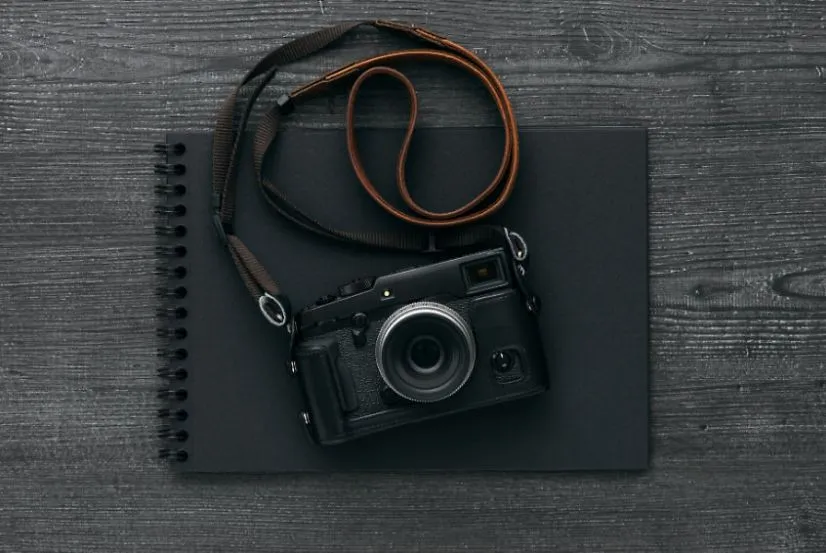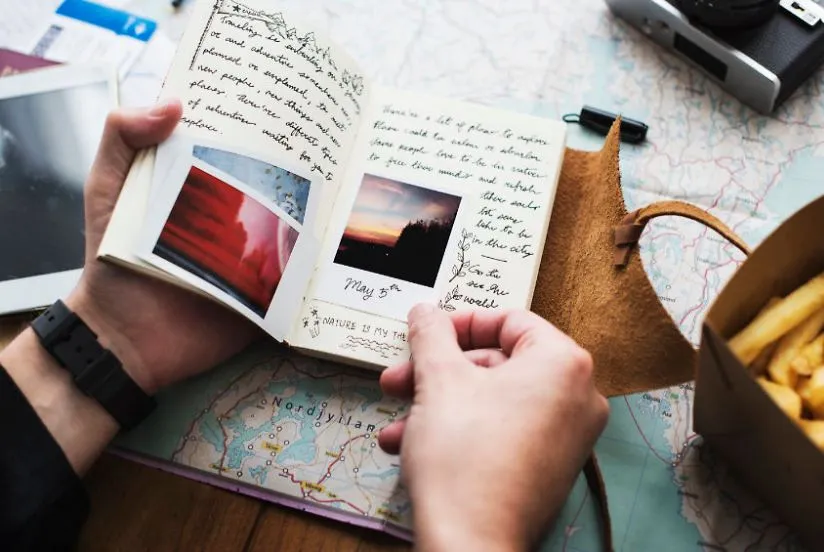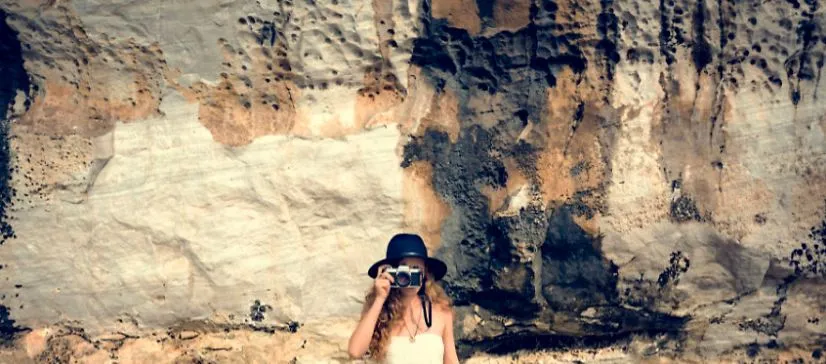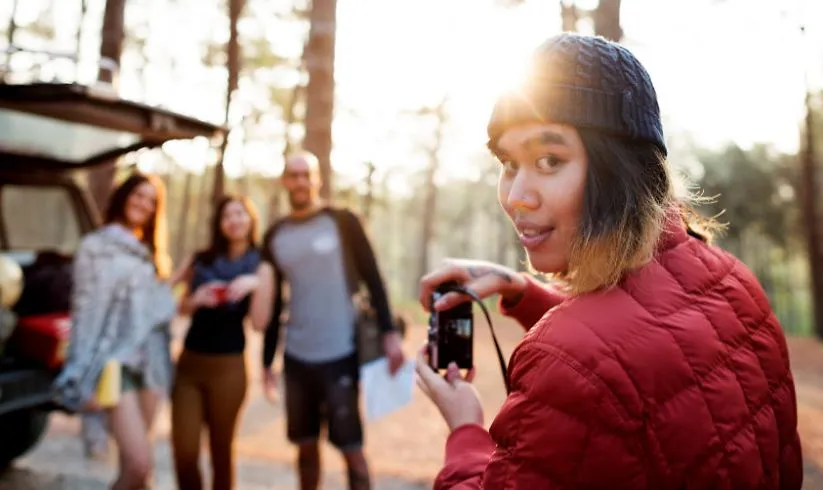
When you're first starting out with photography, growth seems to happen in leaps and bounds. You'll measure your growth by the changes that you see in your work and photos that you make. Today, I'll share some the things I've learned in my years of shooting and tips that I think can help you expedite your growth.Here are ten things I wish I knew when starting photography:

- Your Vision Changes
When you start approaching photography seriously, you may never see things the same way again. If your experience with examining things critically is like mine, you'll suddenly become a student of every photo and video you consume. I can hardly watch a movie anymore without analyzing the cinematography and the way that shots are setup. Cinema is a unique medium, but I still draw so much inspiration from how those expert shots are put together.
Once you start chasing great images, you can count on changing your lifestyle. Waking up early or staying out late to find unique lighting becomes a routine part of life. You might catch yourself analyzing photos for how they're lit and imagining how to recreate them. Personally, I believe that this process of reverse engineering great photographs is a powerful way of growing your own work. Jumping into photography headfirst brings the right side of the brain alive.

- It's an Expensive Hobby
Photography is an expensive hobby, particularly when you prioritize buying gear. After buying your first SLR camera, you've committed yourself to buying into a "system" of lenses and flashes that work only within the walls of your own brand. After that commitment, it can be costly to sell off your entire kit and migrate to another system (I've pulled this costly maneuver enough times to know).

Avoiding the more expensive side of photography is a two part approach: first, don't connect your success to the gear you use. This means not buying into the mindset that one more piece of gear will perfect your work. There are no magic bullets when it comes to gear; the best way is to acquire gear is slowly and carefully.
Second, reduce cost in the ways that count. Buying used gear was a bit daunting for me at first, but has proved to be a move that helped me afford cameras and lenses that were otherwise out of my reach. Making smart decisions like fast primes (more on that later) will help you fight gear acquisition syndrome. Keep reading for more ideas on how to make smart gear decisions.